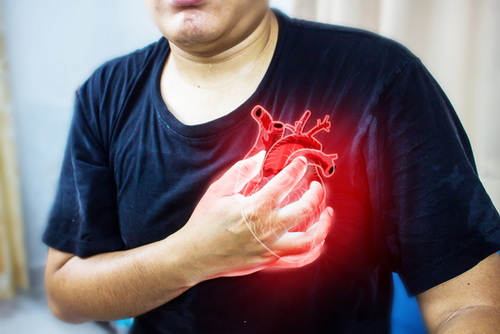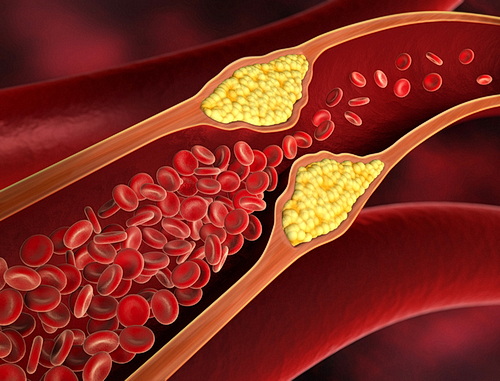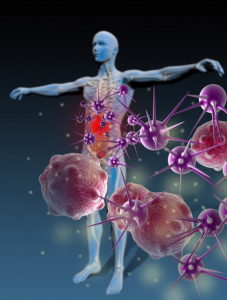Low-dose aspirin can cut the risk of cardiovascular disease (CVD) and colon cancer for people between the ages of 50 and 69, according to a new recommendation from the US Preventive Services Task Force (USPSTF). The USPSTF initially published draft recommendations in September 2015, and now it has released the final recommendations.
“Aspirin’s anticlotting effect is useful for primary and secondary CVD prevention because it potentially decreases the accumulation of blood clots that form as a result of reduced blood flow at atherosclerotic plaques, thereby reducing hypoxic damage to heart and brain tissue,” the task force stated.
Exactly how much benefit an individual can get out of daily use of low-dose aspirin will vary depending on their age. People between the ages of 50 and 59 saw a moderate benefit and people between the ages of 60 and 69 had a small benefit.
“Fortunately, the Task Force found that for 50- to 69-year-olds at increased risk for cardiovascular disease, taking aspirin can help prevent heart attacks and strokes as well as colorectal cancer,” said Douglas K. Owens, M.D., M.S., a former member of the Task Force who led the review.
There was not enough information for people younger than 50 years and for people older than 70 years.
USPSTF noted that the benefits of daily intake of low-dose aspirin for colorectal cancer prevention will not become apparent until 10 years after initiation of the preventive treatment. As such, younger individuals in the age groups noted will see the most benefit.
“Aspirin use is more likely to have an effect when it is started between the ages of 50 and 59 years,” according to the USPSTF. “Because of the time required before a reduced incidence in CRC is seen, older persons (that is, 60 years or older) are less likely to realize this benefit than adults aged 50 to 59 years.”
Heart attacks and strokes are responsible for 30% of all deaths in the US and colorectal cancer—the third most common cancer—was responsible for 50,000 deaths as per recent statistics.





 The CDC has presented a
The CDC has presented a 